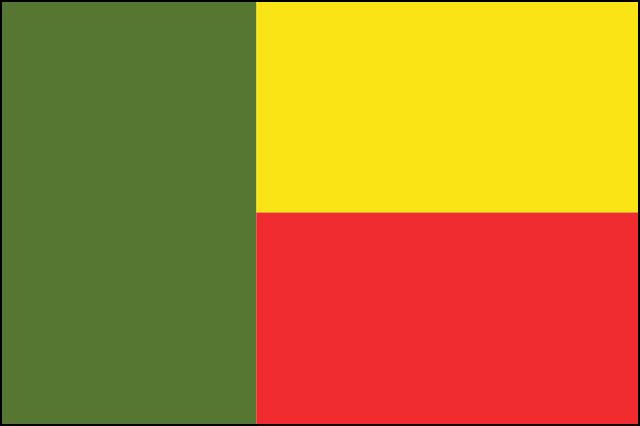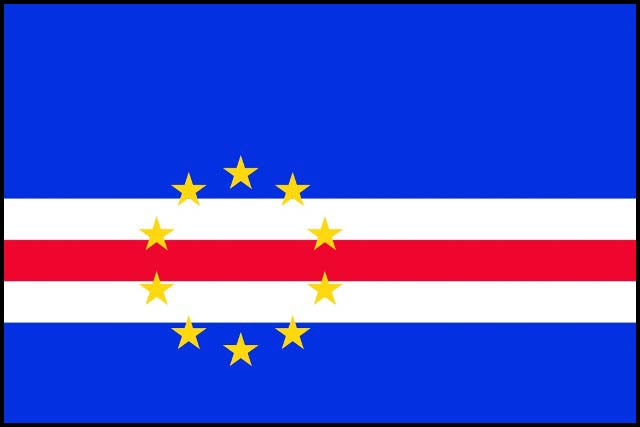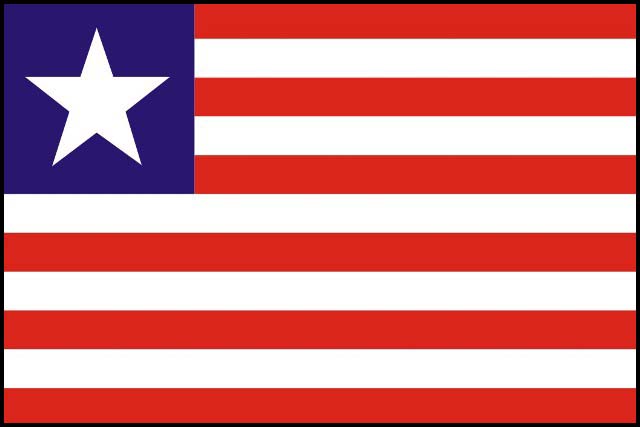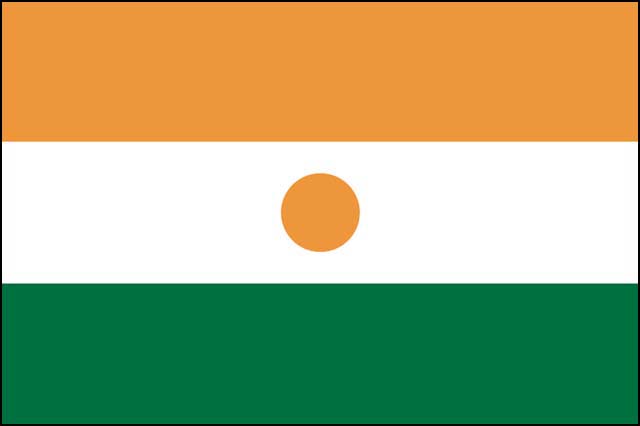Technical Workshop to Review indicators and improve on the Technical Guide to Non-Defined Monitoring and Evaluation Indicators for ECOWAP
By Gabriel / 1 year, 3 months agoThe Economic Community of West African States (ECOWAS) successfully concluded a four-day technical workshop held from October 16 to 19, 2024, in Accra, Ghana. The workshop focused on reviewing and improving the Technical Guide for Non-Defined Monitoring and Evaluation (M&E) Indicators under the ECOWAS Agricultural Policy (ECOWAP).
In her remarks at the opening ceremony of the workshop, Mrs. Fatmata L. SEIWOH, the Programme Officer, ECOWAP/ Comprehensive Africa Agriculture Development Programme (CAADP) Monitoring and Evaluation representing the Director of Agriculture and Rural Development emphasized the importance of accurate monitoring for effective policy implementation, particularly in West Africa, where ECOWAP is the main framework used to guide the region towards agricultural development. It underscores the need to address gaps in the monitoring and evaluation framework, especially as the region prepares to review ECOWAP and plan for the next ten years.
The CAADP/Biennial review focal point of the Ghana Ministry of Food and Agriculture, Mr. Faisal Munkaila, who represented the Permanent Secretary, officially welcomed all participants and opened the workshop, highlighting the nation’s commitment to agricultural transformation and regional cooperation.
The main objective of the work was to validate the ECOWAP indicators, identify gaps, and improve the parameters to ensure solid technical guidelines or compendium. The ECOWAP and CAADP/BR indicators were compared and reviewed by the ECOWAP M&E Unit, revealing points of convergence and divergence.
The participants were subsequently divided into groups to verify the indicators’ technical specifications and ensure they aligned with continental frameworks. After each group presented their results, there were candid conversations and validation. The discussion led to consensus on improvements by generating lively arguments on indicator definitions and methodology.
The participants worked on the specifics of the indicators, such as defining each indicator’s aims, calculation methods to guarantee uniformity between nations, and reliable reporting formats and data sources. To prevent disparities in reporting, facilitators assisted the teams in harmonizing definitions. The alignment of the modified indicators with regional and national agendas was emphasized. Working groups created practical techniques for gathering and measuring data.
The sessions emphasized harmonizing definitions to ensure consistency across countries and aligning indicators with national, regional, and continental priorities and frameworks. Participants refined methodologies for measuring agricultural performance and adopted a regional data collection plan and reporting strategy to streamline reporting processes.
In his closing statement, the Federal Ministry of Food and Agriculture, Ghana’s representative, commended ECOWAS and all participants for their commitment to the process. He reiterated Ghana’s dedication to supporting ECOWAS initiatives and strengthening regional integration for sustainable agricultural growth. The outcomes of this workshop mark an important step in strengthening agricultural monitoring and fostering sustainable development in the West African region.















